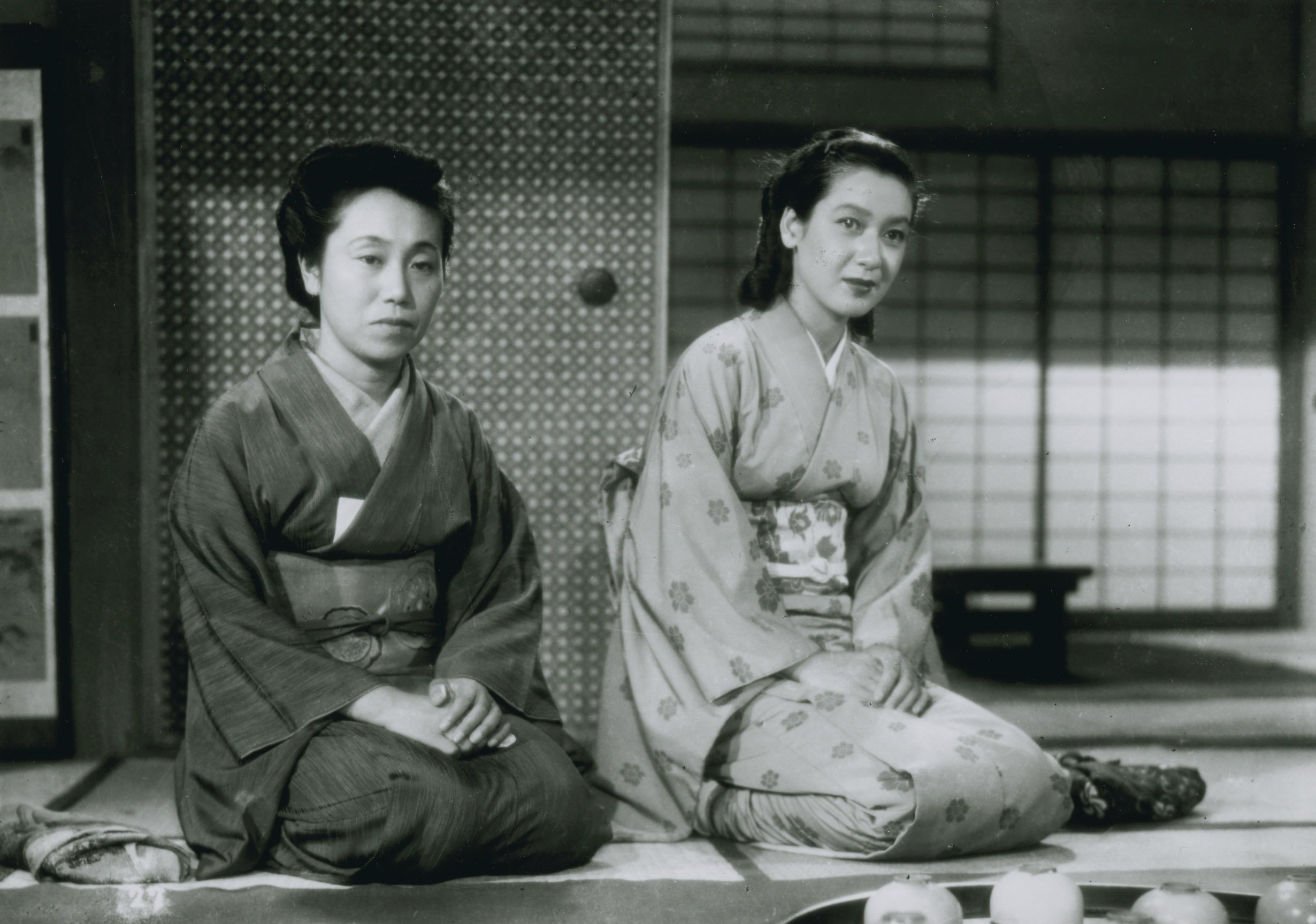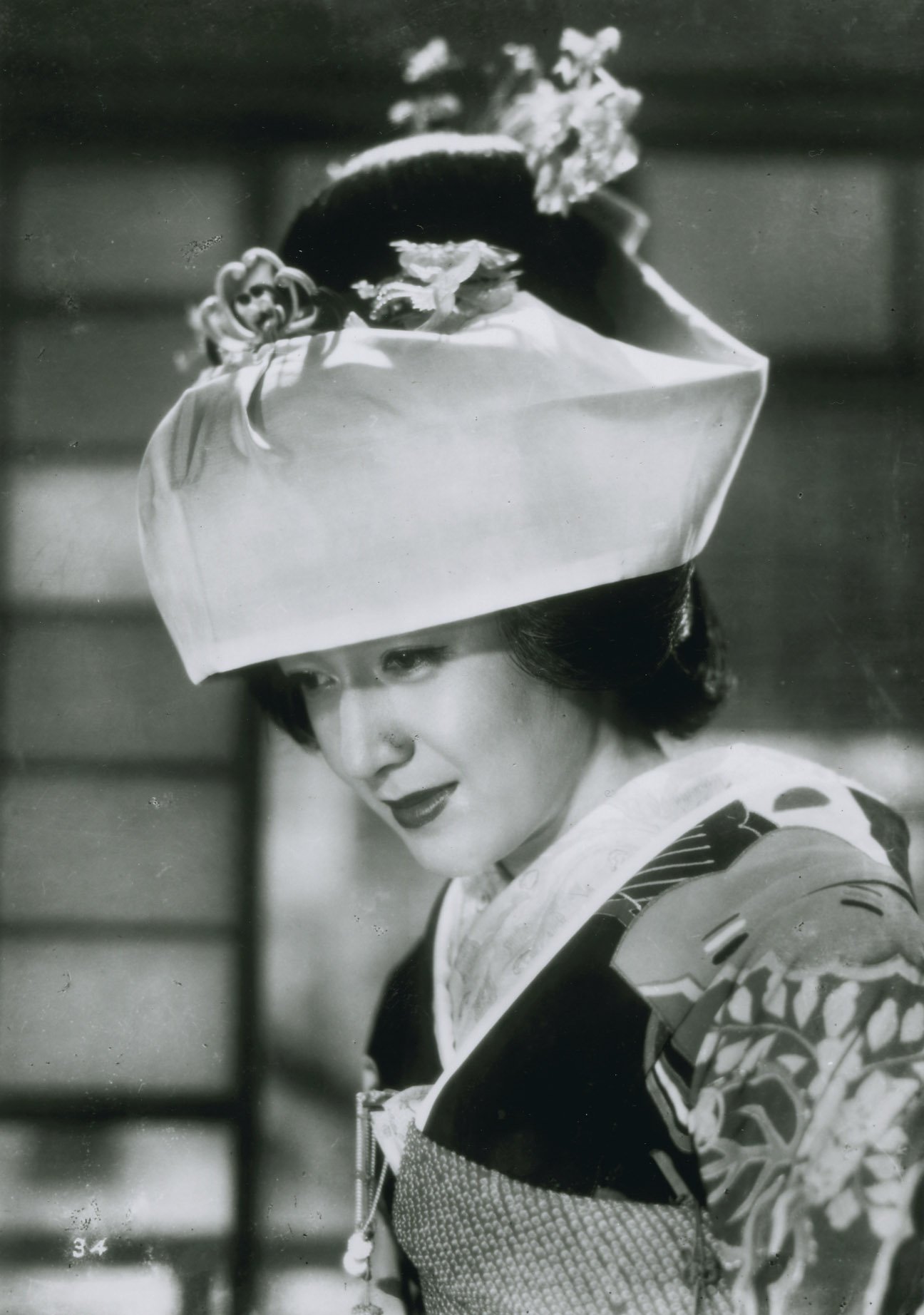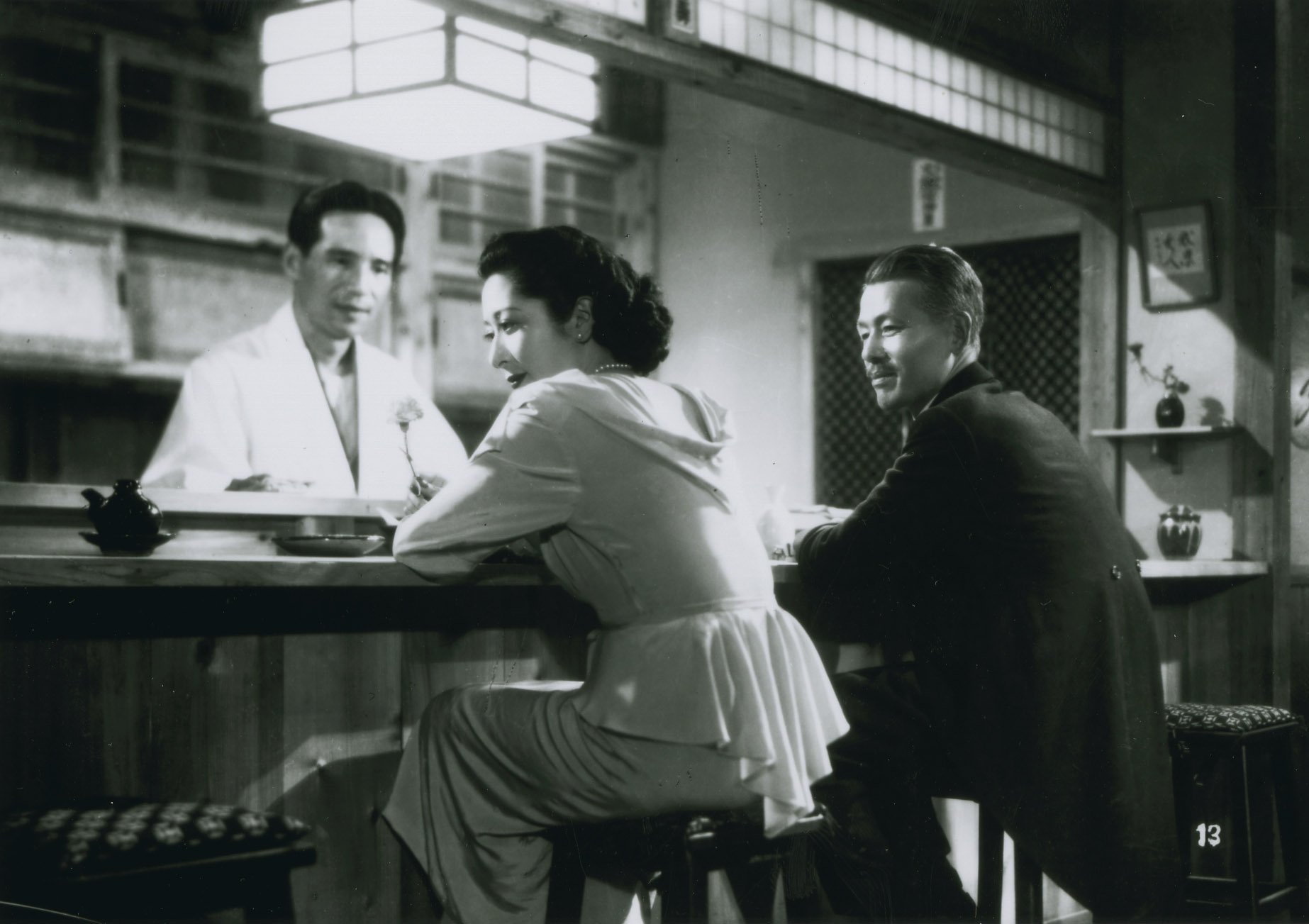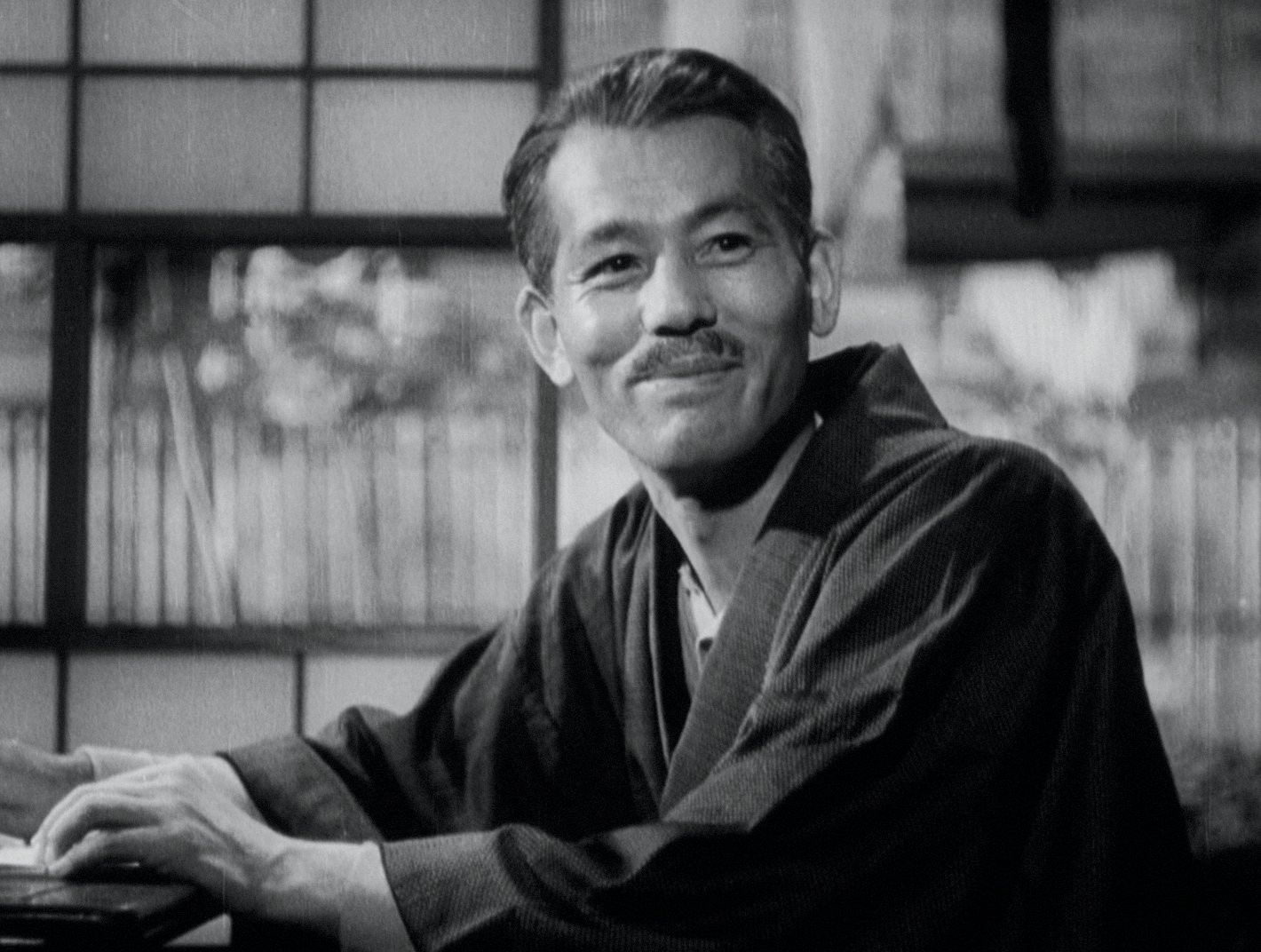Customer Services
Customer Support

Desert Online General Trading LLC
Warehouse # 7, 4th Street, Umm Ramool, Dubai, 30183, Dubai
Copyright © 2025 Desertcart Holdings Limited
![Late Spring (The Criterion Collection) [Blu-ray]](https://m.media-amazon.com/images/I/81GdgHKF+gL.jpg)





Late Spring (The Criterion Collection) [Blu-ray]
Trustpilot
1 day ago
1 month ago
3 weeks ago
1 month ago